Aid workers ‘to get Libya access’
 The UN humanitarian chief has said that the Libyan government has promised her access to the besieged rebel city of Misrata, but with no guarantees that the assault by Muammar Gaddafi's forces would cease.
The UN humanitarian chief has said that the Libyan government has promised her access to the besieged rebel city of Misrata, but with no guarantees that the assault by Muammar Gaddafi's forces would cease.
A Libyan official said the government is willing to set up "safe passage" into Misrata, the only city still partly held by rebels in Gaddafi-controlled western Libya. But at the same time, a witness reported that government forces continued to pound the city with rockets and artillery.
At least 267 people have been killed in Misrata, Libya's third-largest city, during more than seven weeks of siege, the New York-based Human Rights Watch said. After inspecting impact sites and talking to witnesses, the group accused Libyan forces of launching indiscriminate rocket and mortar attacks on residential neighbourhoods.
Rebels and civilians evacuated from Misrata by boat as part of an international rescue mission were taken off on trolleys or in wheelchairs Monday. One had a severely damaged leg with braces and bandages and some women carried babies.
The rebels have controlled much of eastern Libya, including the second-largest Libyan city of Benghazi, since early on in the uprising against Gaddafi that began in mid-February. Gaddafi loyalists have crushed other rebellions in western Libya, but have not been able to take back control of Misrata through many weeks of attacks.
The Libyan government has denied firing heavy weapons, including rockets and tank shells, at the city. Spokesman Moussa Ibrahim said it was the rebels who were killing civilians and claimed they had received weapons from Qatar.
The government has turned down repeated requests by foreign journalists based in the capital of Tripoli to go to Misrata. Journalists in Tripoli are not allowed to tour western Libya independently without government minders.
Valerie Amos, the UN humanitarian chief, said she demanded in a meeting with Libyan officials in Tripoli that the UN be permitted to visit Misrata and other towns to assess the humanitarian needs there.
"I have been given those assurances," she said. However, she added that she received "no guarantees with respect to my call for an overall cessation of hostilities, to enable people to move, to enable us to deliver supplies".
Mr Ibrahim said the government is willing to take international organisations, including the UN, into the areas of Misrata it controls. "We will help them do everything they want, help the population, and they can observe the way our army is acting and behaving in Misrata," he said.


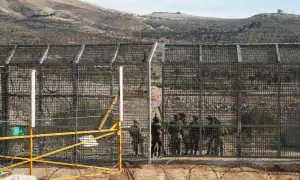
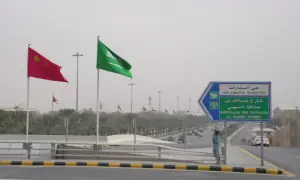
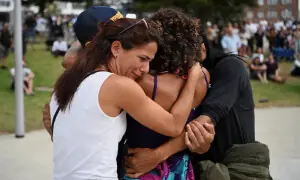

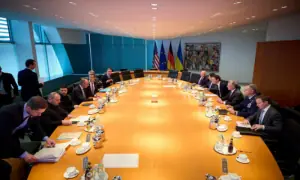




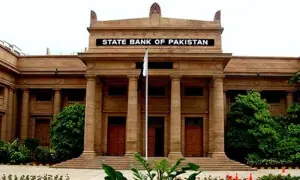


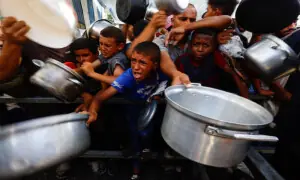
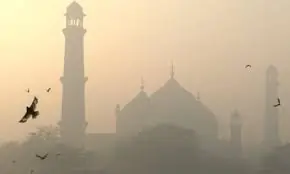



Comments are closed on this story.